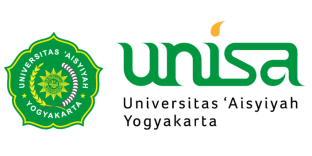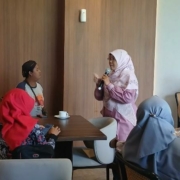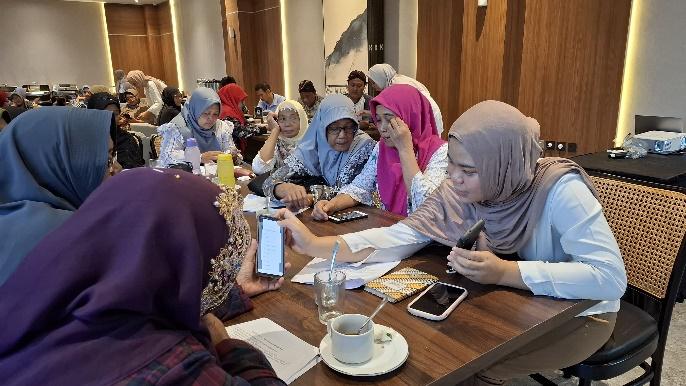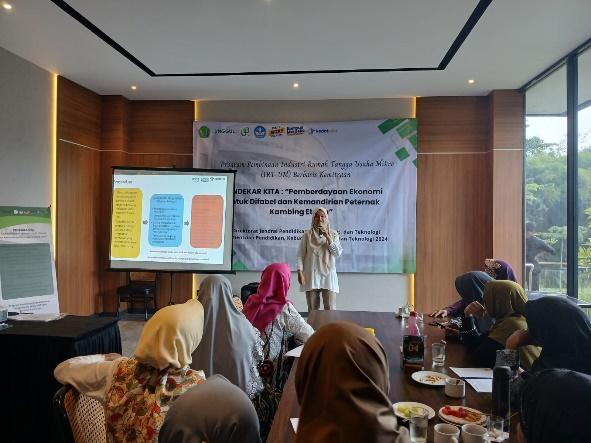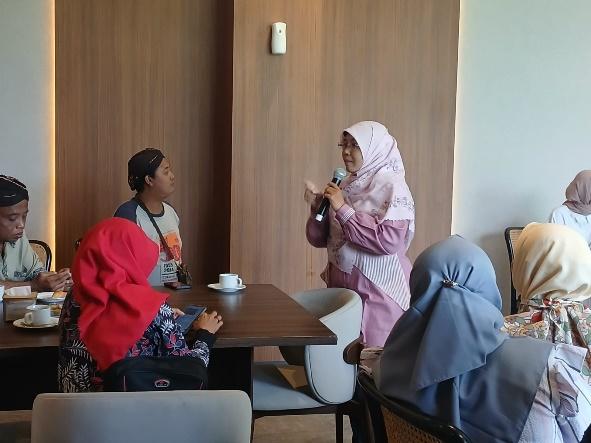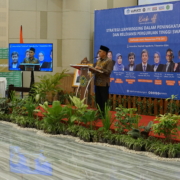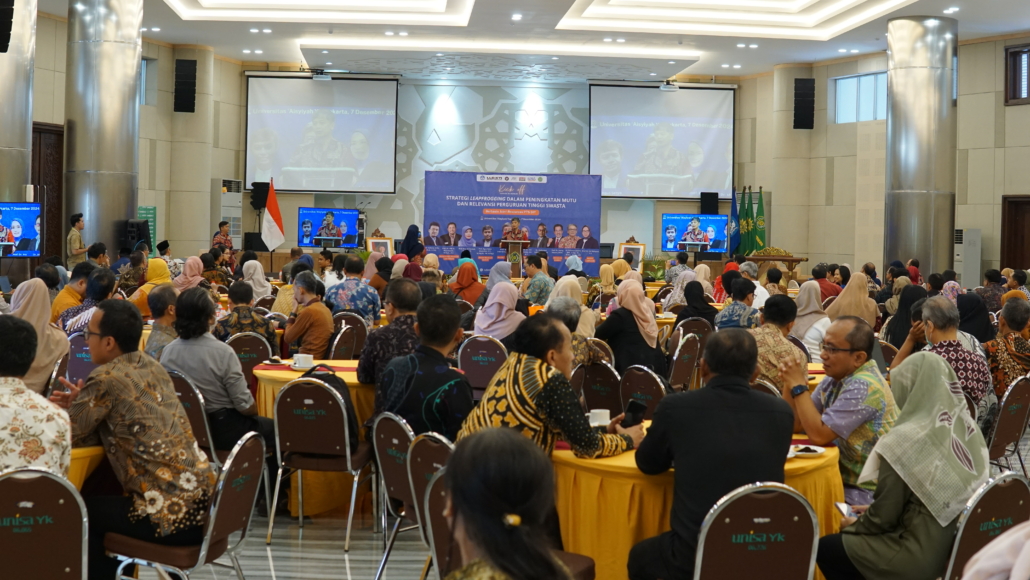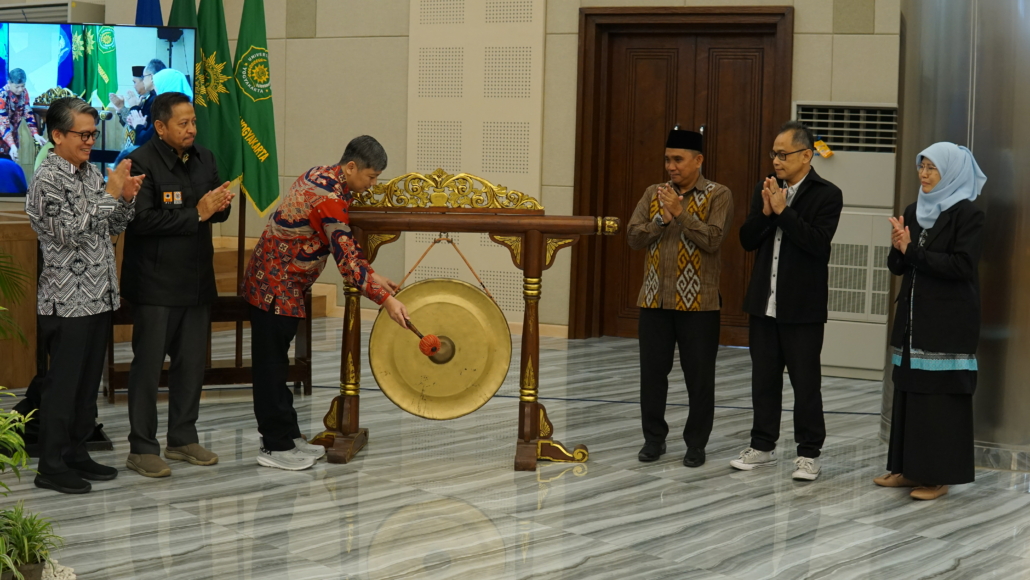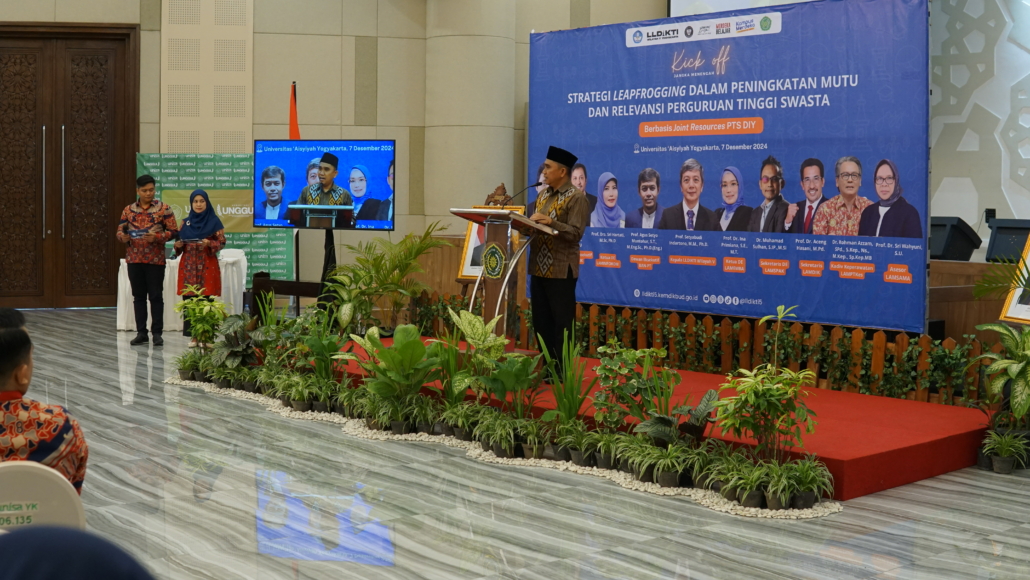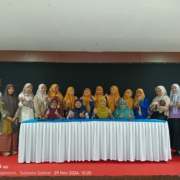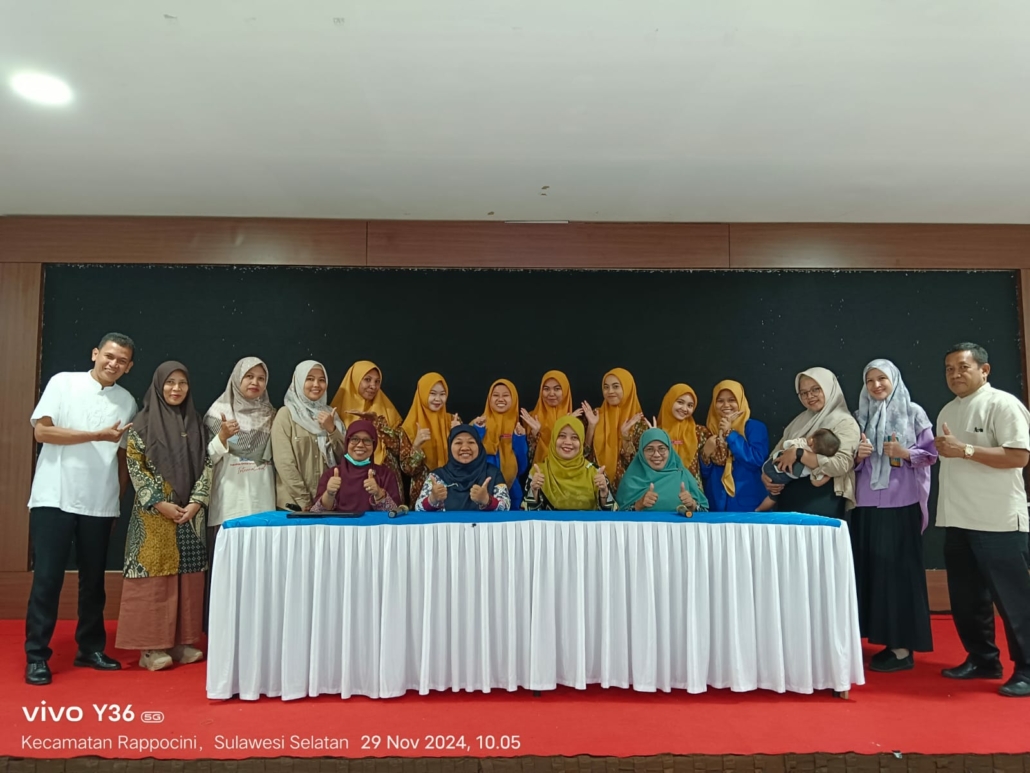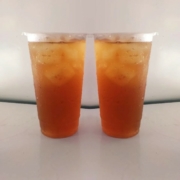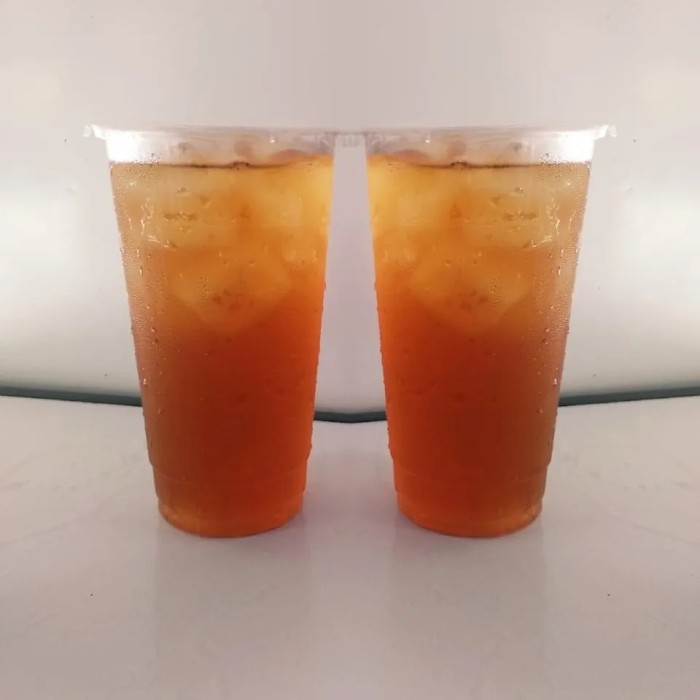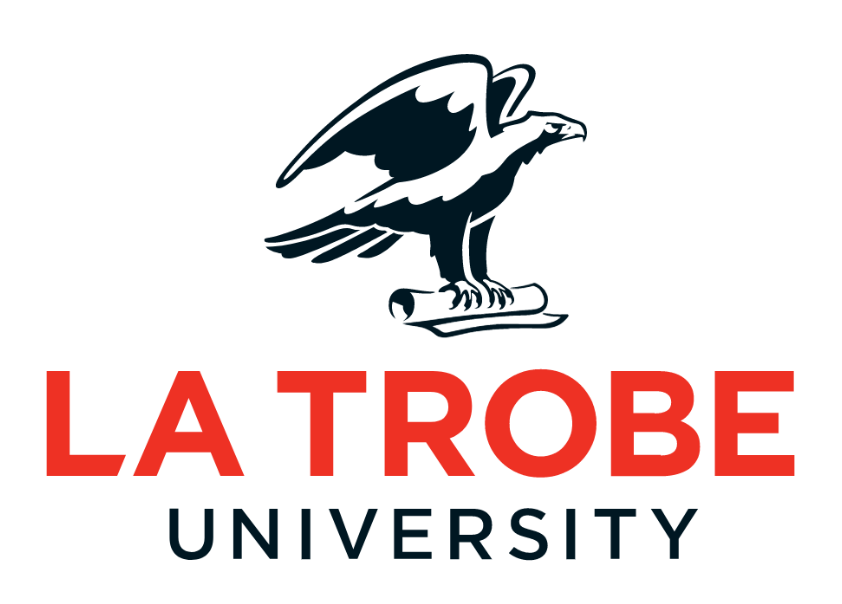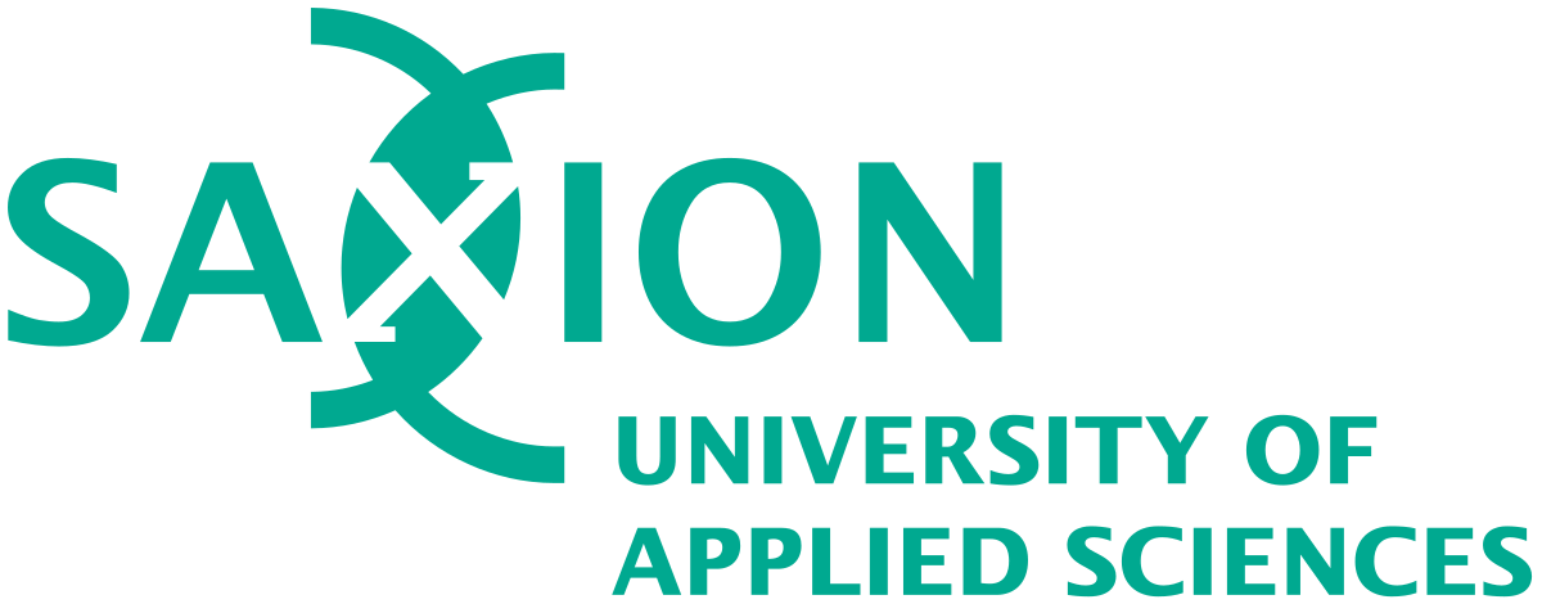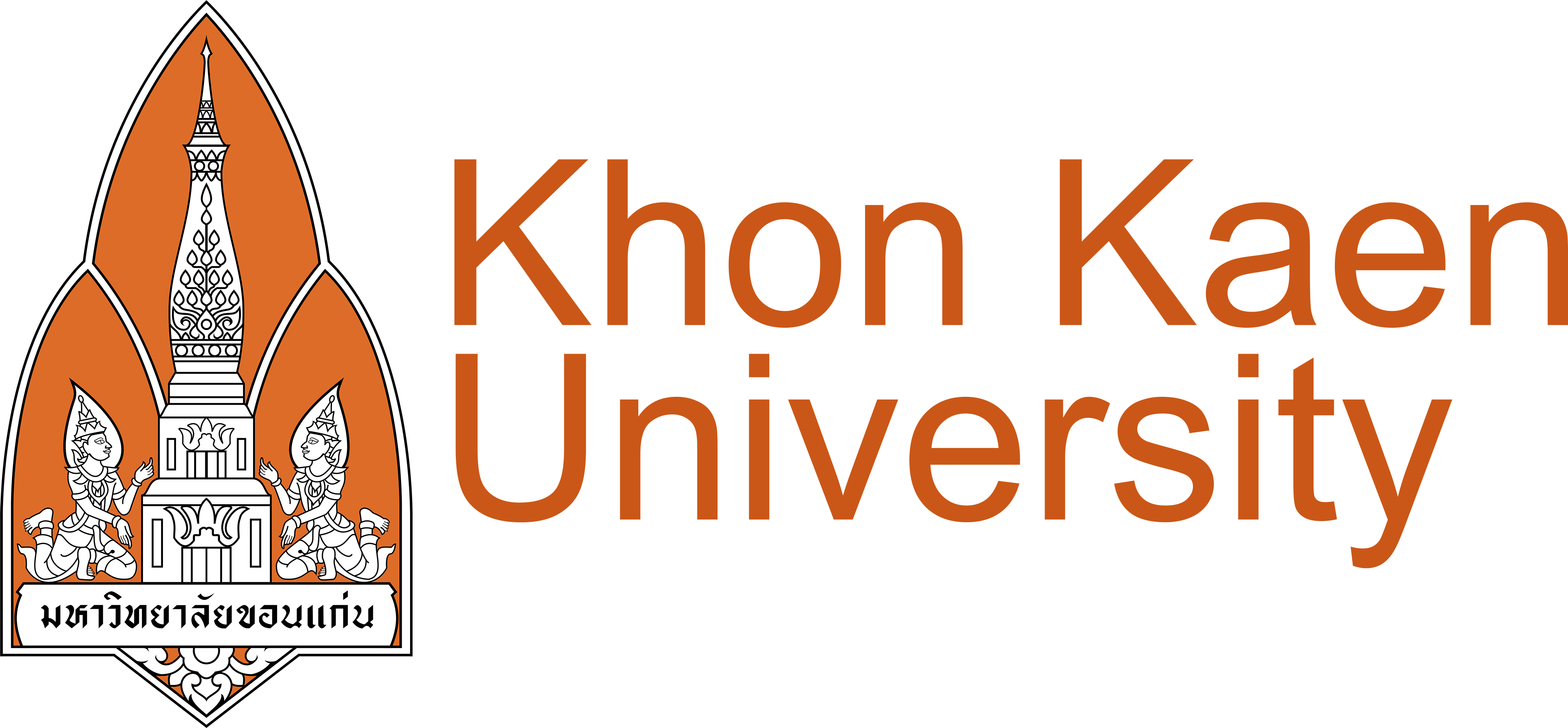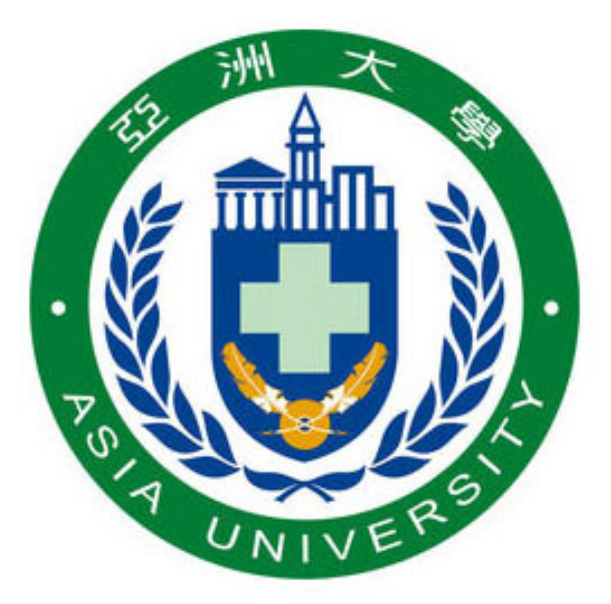In the early 90s, political magazines and newspapers in Indonesia were busy with the word “stupid” which was put forward by Gus Dur, who was then chairman of PBNU and Chairman of the Democracy Forum. Initially the word stupid was uttered by Gus Dur when he was interviewed by an English-language foreign media. “He is stupid” is what Gus Dur said when asked his opinion about the steps taken by Soeharto at that time.
Saying Soeharto is stupid in the context of Indonesian politics at that time not only requires extraordinary courage, but also based on strong arguments. So almost all audiences admired Gus Dur’s courage and affirmatively agreed with him. After that statement, the political struggle between NU, Fordem, the Government, and ABRI as Soeharto’s defenders was violent. Starting from the banning of seminars to the attempted overthrow of Gus Dur from the chairman of PBNU.
Idiot
Not long ago, about 2 years ago, Philosophy Expert Rocky Gerung said that Jokowi was “dumb” when he spoke on one occasion. According to Rocky, Mr. Jokowi was an idiot because he did not understand the fundamentals of governance. The Indonesian media world was abuzz. There were both pros and cons.
As usual the palace or Jokowi never responded to RG’s criticism even though to most ears the word “imbecile” is harsh. Instead of experiencing difficulties like Gus Dur, Mr. RG is flying high and being invited everywhere. It seems that Jokowi’s opposition is happy with RG’s expression.
In recent days, the word “goblok” was released “over” iced tea by a presidential special staffer at a recitation forum. The word then went viral and was cut into pieces in a social media video which eventually gave rise to an intention that the word goblok was so insulting. Even on social media, it was peppered with very personal opinions about the president’s special staff that were not liked before and followed by a push for dismissal.
If we look at the context in the iced tea event, it was actually a joke that is common in similar forums in other places and ordinary people. When a trader has not been able to sell his merchandise, it could be that he is not good at selling, aka stupid. So where did the word idiot go wrong to cause blasphemy.
Perhaps the one who said it today is the president’s assistant, who in yesterday’s election was not the netizen‘s choice. The question is why the word dumb thrown at a president is considered more appropriate by netizens than the word stupid for an iced tea seller? Is it fair?
By: Moh. Ali Imron, S.Sos., M.Fis. (Vice Rector IV for Cooperation and International Affairs of Unisa Yogyakarta)
Tags: aisyiyah, banggamenjadiunisa, beunisa, goblok, unisayogya
